As we move further into 2025, the legal hiring landscape continues to evolve, reflecting broader trends in the industry. Companies are balancing increased workloads, budget constraints, and shifting regulatory demands, leading to a more strategic approach to legal resourcing.
At Paragon Legal, we’ve analyzed the hiring data from Q1 2025 and compared it to Q4 2024 to identify key trends shaping legal teams. Here’s what we found.
1. Flexible legal engagements are getting longer
- 3-6 month roles surged and 6-12 month roles saw modest growth, suggesting companies are opting for longer project-based engagements.
- Shorter engagements (under 3 months) declined significantly, showing a shift away from ultra-short-term work.
- Project extensions were high in Q1—with nearly 80% of projects originally slated to end in the quarter extended into Q2, signaling strong need for and satisfaction with Paragon attorney support.
Why?
Legal teams are still relying on interim legal counsel, but they are opting for more structured, mid-term engagements rather than quick, short-term fixes. This shift suggests more strategic workforce planning, where companies are investing in project-based expertise without overcommitting to full-time hires.
“Longer engagements show that companies are starting to think more strategically about their resourcing and leveraging flex talent to get more done. They are also getting more comfortable than the last few years with investing in resources and support for their existing team.” — Trista Engel, CEO of Paragon Legal.
2. Overflow Work Is Driving Legal Hiring
- Overflow work became the most common reason for using flex talent, and backfill roles also increased
- Hiring gaps decreased, indicating fewer open roles and fewer unfilled roles.
- Conversion conversations (and actual conversions) were at their highest point in nearly two years, suggesting that legal teams are not only open to interim solutions but are also exploring paths to full-time hires.
Why?
Instead of using flex talent as a backstop, legal teams are turning to interim legal counsel strategically to manage spikes in workload and access necessary expertise. This aligns with a growing industry trend of agility in legal staffing.
3. Demand for Legal Operations and Compliance Is Growing
- Legal Operations saw the biggest jump, reflecting a need for process efficiency.
- Compliance & Regulatory roles increased, indicating a greater focus on risk management.
- Paralegal hiring grew reinforcing the trend toward strategic legal support.
Why?
Companies are streamlining their legal functions in response to increasing regulatory scrutiny, evolving privacy laws, and AI-driven legal operations. Legal Ops professionals and interim legal counsel are in demand to improve workflows, reduce inefficiencies, and manage outside counsel costs.
Key Observations from Q1
“This was one of the most dynamic starts to a year we’ve seen. January demand was off the charts, and what really stood out was the number of new clients trying flexible legal talent for the first time. It’s a strong signal that legal departments are ready to think differently about resourcing.” — Jessica Markowitz, President & COO, Paragon Legal
- Of the new clients that joined Paragon this quarter, more than half were new to flexible legal talent—a significant sign that more legal departments are embracing interim and project-based solutions.
- We saw one of the highest January demand surges in Paragon’s history, with strong client interest carrying through the quarter.
- The jury is out on where the perm hiring market goes from here – salaries have declined, layoffs continue, and it’s hard to know if all the job openings out there are real or bots – not to mention the political uncertainty.
What This Means for Legal Teams in 2025
- Rightsourcing is becoming a core strategy. Legal teams are leveraging flexible, mid-term talent to address workload surges and avoid long-term budget strain.
- Operational efficiency is top of mind. Companies are investing in Legal Ops and Compliance to drive cost savings and process improvements.
- Traditional hiring models are shifting. Short-term roles are declining in favor of structured, mid-term (3-6 month) engagements.
As we look ahead, legal teams that embrace flexible staffing models and the used of interim legal counsel will be best positioned to stay ahead of workload demands while maintaining cost efficiency.
At Paragon Legal, we help companies find the right balance of in-house, flexible, and outside counsel talent to meet evolving needs. Want to discuss how interim legal counsel can work for your team? Let’s connect.


